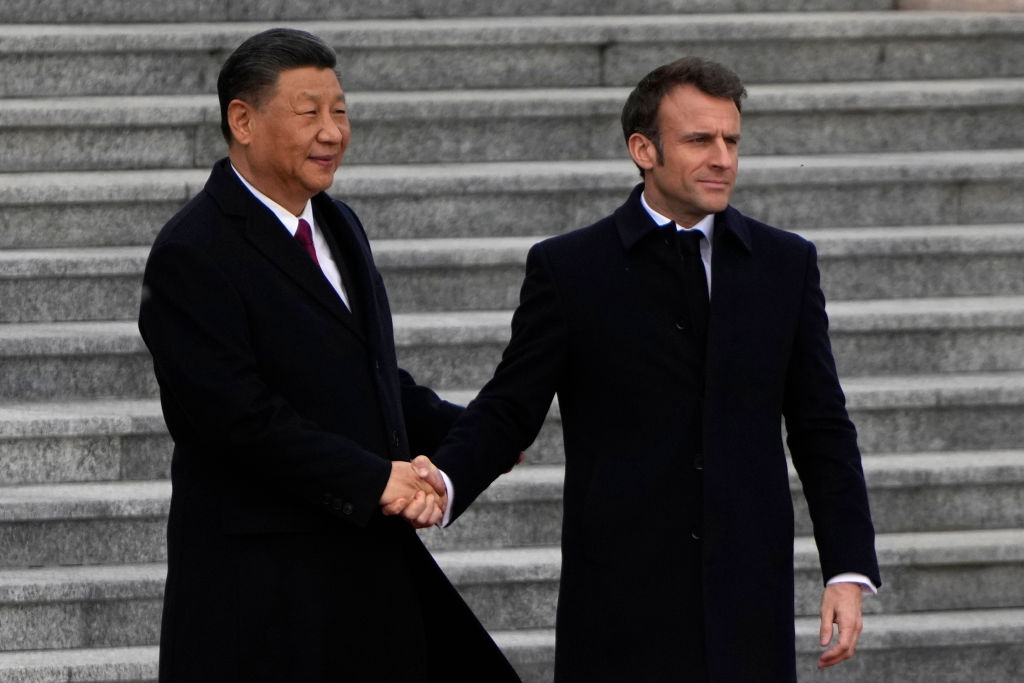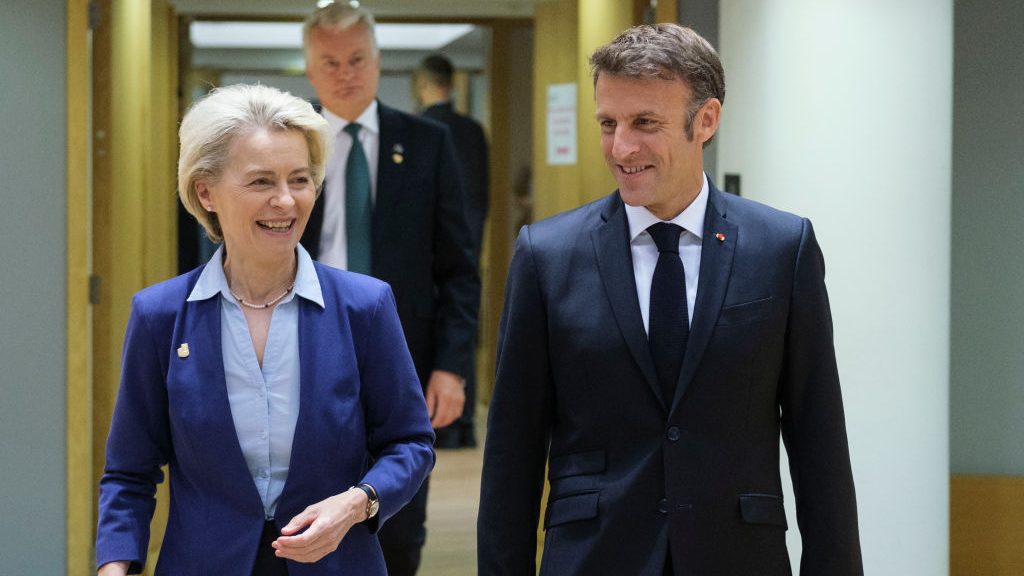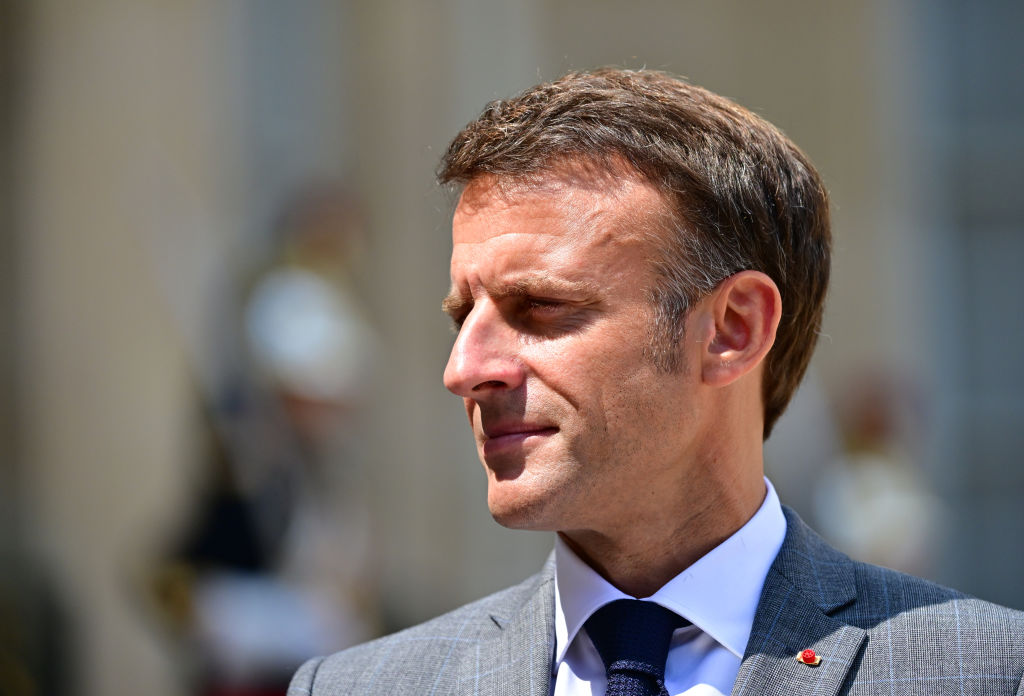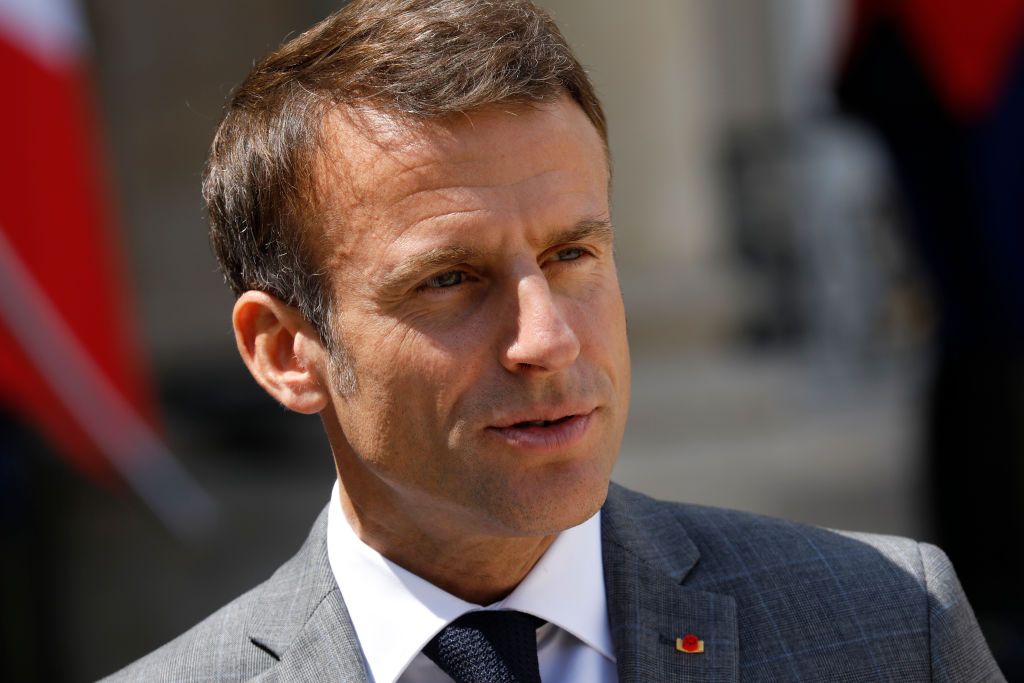US President Joe Biden has come under scrutiny after mixing up sitting French President Emmanuel Macron with one of his long-dead predecessors.
Speaking at a campaign event in Las Vegas, Nevada, Biden stated he met with “Mitterrand from Germany” shortly after becoming the US President, seemingly in reference to former late French president François Mitterrand.
Mitterand’s term as president ended in 1995 and he died the following year.
?? En plein discours, Joe Biden confond Emmanuel Macron avec "Mitterrand d'Allemagne" pic.twitter.com/y1Zj04HmvX
— BFMTV (@BFMTV) February 6, 2024
Biden told the crowd: “Right after I was elected, I went to what they call a ‘G7 meeting’ – all the NATO leaders. It was in the South of England.
“And I sat down and I said, ‘America is back’ and Mitterrand from Germany – I mean, from France – looked at me and said: ‘How long are you back for?'”
According to an old report by the Washington Post, a meeting between Biden and Mitterrand did take place, albeit in 1988, with the pair said to have discussed issues to do with nuclear weapons controlled by the now-defunct Soviet Union.
The meeting reportedly occurred as part of the then-Senator’s role in the Senate Foreign Relations Committee.
The latest gaff has caught the attention of both the American and French media, with mainstream outlet Le Figaro noting the senior US politician has been showing signs of “fatigue” as his years advance.
It is not the first time Biden has made such a misstep regarding European politics.
The US President previously incurred mockery after bragging about how two of his cousins – both international rugby players for Ireland – were able to beat the “Black and Tans” while playing the sport.
Having meant to say the “All Blacks” – the nickname of the New Zealand rugby team, regarded as among the best in the world – Biden instead accidentally referenced the infamous British police organisation founded in 1920 that fought during the Irish war for independence.
Called the Black and Tans due to the colour of their uniforms, the group is largely remembered for its violent reprisals against Irish civilians during the conflict.
Trump or Biden? What Europeans need to know about the US presidential elections this year – they are more important for you than any since World War Two, writes @henryolsenEPPC. https://t.co/5OAaQEDOu9
— Brussels Signal (@brusselssignal) January 15, 2024





